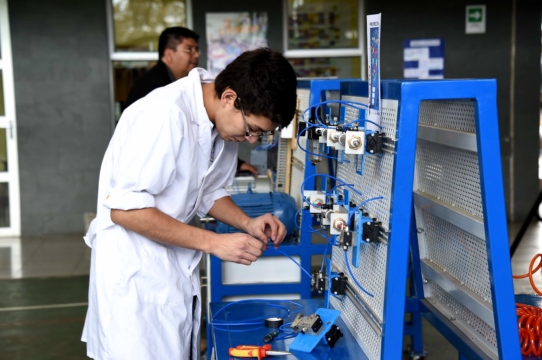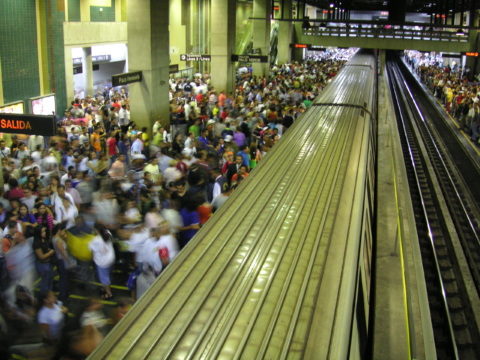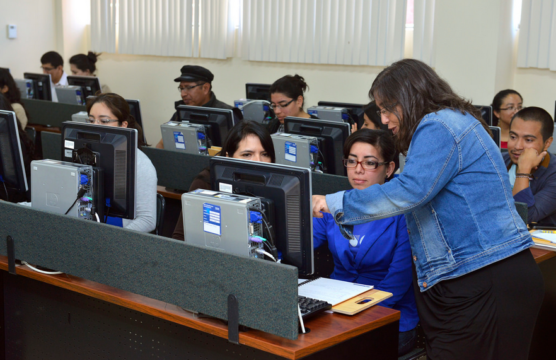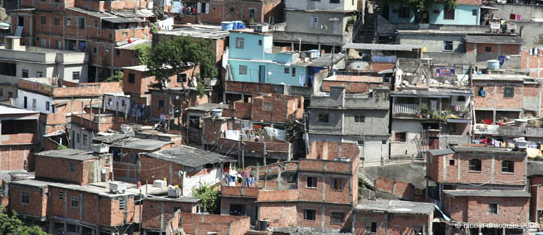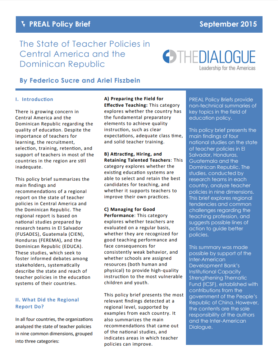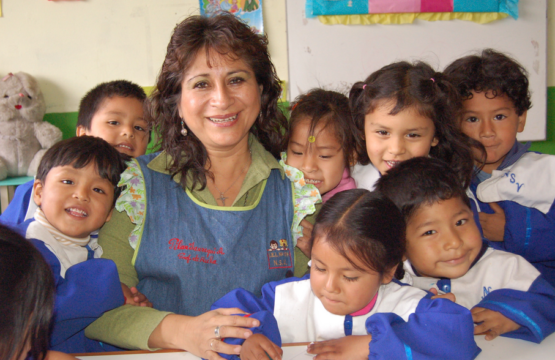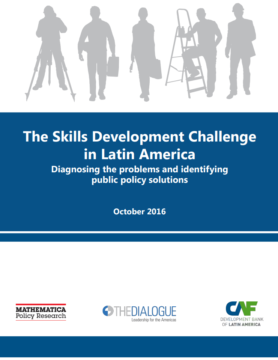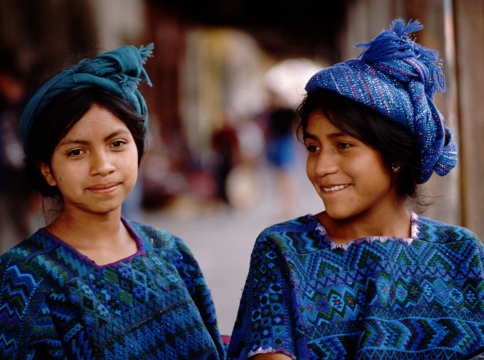
Fiscal Policy, Inequality & the Ethnic Divide in Guatemala
Guatemala is among the most unequal countries in Latin America. Fiscal policy has done very little to reduce inequality and poverty overall and along ethnic lines.
Guatemala is among the most unequal countries in Latin America. Fiscal policy has done very little to reduce inequality and poverty overall and along ethnic lines.
Why is there such a lack of women in powerful seats running companies or sitting on boards in the region?
Latin America has advanced significantly in terms of educational coverage, but students are not learning at acceptable levels.
Following Santos lead, the Michel Temer government would first have to test whether Brazil’s legislative leaders are willing to conduct serious negotiations, and prepared to make concessions that could be effective in curbing the country’s pervasive corruption—or at least offer a better solution than the current case-by-case approach of criminal investigations and trials.
Castro, who led Cuba for nearly 50 years, died Friday. In 2006, he had transferred the presidency to his younger brother, Raul Castro, after a debilitating intestinal ailment. Fidel Castro’s vision and iron rule shaped every aspect of life in Cuba and its relations worldwide. Many, perhaps most, Cubans would say he held power too tightly and too long. He was Latin America’s most prominent 20th century leader, but his legacy remains to be defined.
Central America is not moving forward; rather, it has regressed. The region is experiencing one of the most severe crises in its history.
Education evaluation in the region shows clear signs of progress, but further consolidation is still needed.
A discussion of the peace process in Colombia and its implications for labor policy
What are the main benefits and challenges of secondary technical and vocational education for Latin American countries?
The pendulum of Latin American politics is swinging rightward once again. Yet as the “pink tide” recedes, the forces of change have more to do with socioeconomics than ideology. Dramatic economic and political crises have coincided in countries like Brazil and Venezuela. Still, the final result for Latin America may be the emergence of centrist, pragmatic modes of governance, and with them, opportunities for the U.S. to improve relations. The new administration must look beyond the neoliberal model of the 1990s, and develop an approach to relations fit for the 21st century.
Preparing students for the 21st century requires the use of ICTs and technology in schools
Which countries are doing the best job of helping lift individuals and families out of poverty?
Despite the importance of teachers in the learning process, systems for recruiting, selecting, training, and supporting teachers remain deficient
How teachers manage time in their classrooms affects students’ opportunities to learn and determines education results.
The lack of adequate skills represents a bottleneck to productivity growth and to the ability of workers to obtain gainful employment in Latin America.


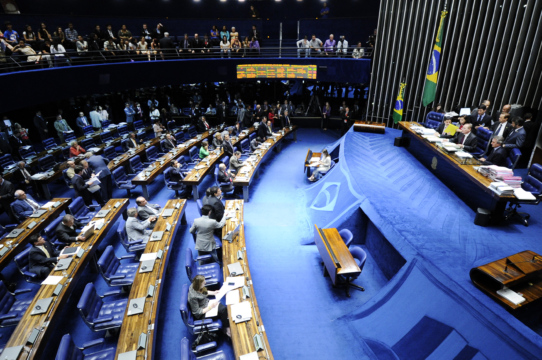
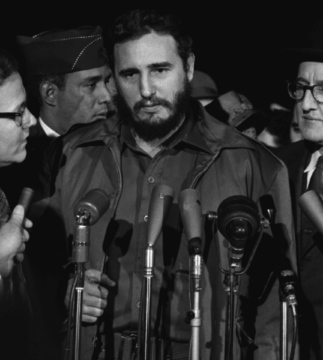
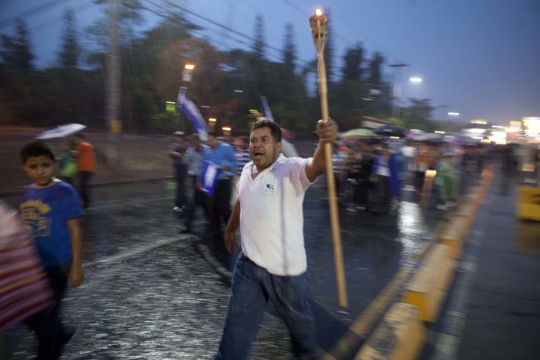

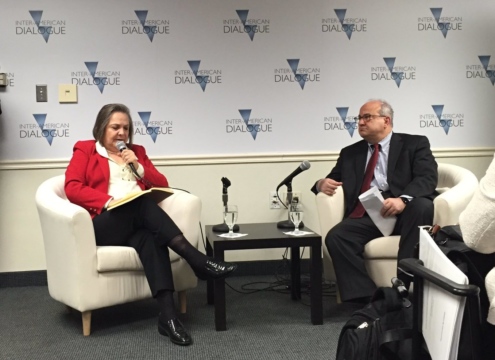 Video
Video
